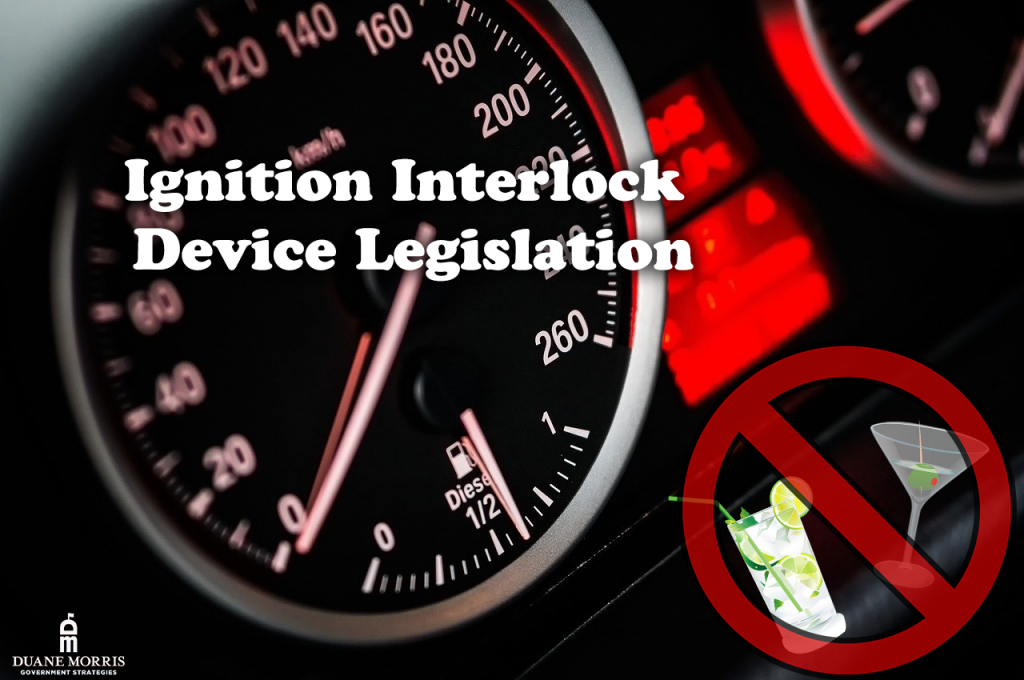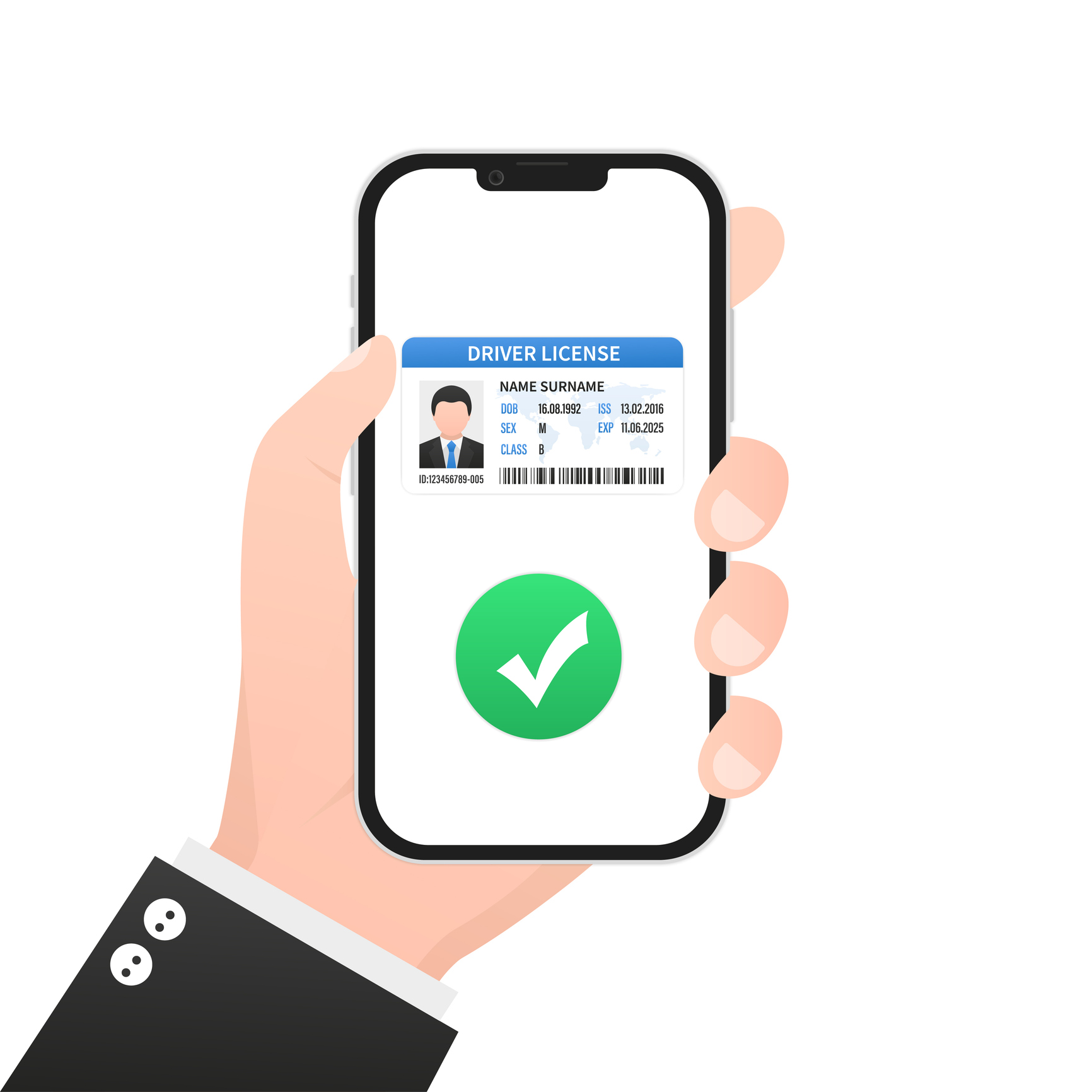
According to the Centers for Disease Control & Prevention (CDC), 29 people in the United States die every day in motor vehicle crashes involving an alcohol-impaired driver. Moreover, over 10,000 people died in alcohol-impaired driving crashes in 2016, equating to roughly 38% of all traffic-related deaths.
While there have been many concerted efforts by various states across the country to reduce alcohol-related vehicle crashes and driving under the influences (DUIs), one measure has gained widespread use: ignition interlock devices.
An ignition interlock device is essentially a breathalyzer for a vehicle that requires someone to blow into the device before operating said vehicle. The device analyzes the individual’s blood alcohol content (BAC) and can prevent the engine from starting if the device detects a certain measurable amount of alcohol in their system. The allowable BAC is 0.02 in most jurisdictions.
Thirty-four states currently require ignition interlock devices for all offenders.
Massachusetts: Ignition Interlock Device Legislation
Before 2020, Massachusetts was the only state not to require ignition interlock devices for some or all first-time drunk-driving offenders. In December 2020, state lawmakers included a non-budgetary measure in the state’s spending plan to mandate ignition interlock devices in vehicles driven by first-time drunk-driving offenders.
The measure allows the registrar of motor vehicles to restrict hardship licenses for defendants with a BAC of 0.15 or higher by requiring them to install an ignition interlock device on their vehicle.
New York: Ignition Interlock Device Law Changes
S01895 was introduced earlier this year related to amending New York’s ignition interlock device law. Currently, anyone circumventing an ignition interlock device is guilty of a Class A misdemeanor. The ignition interlock legislation would change the Class A misdemeanor penalty to an offense of the same designation and classification as the offense that was the reason for the installation of the device in the first place.
However, if the original offense was a felony, the crime classification would be at the presiding judge’s discretion.
A01325 would establish incentives and standards for increasing the utilization of the ignition interlock device as a tool for rehabilitation for impaired drivers. The bill requires anyone convicted of a misdemeanor DWI to be prohibited from operating a vehicle without an ignition interlock device for at least 12 months, including 300 days after their driver’s license is restored. The bill offers an incentive by allowing the period to be satisfied if the offender does not have a violation after 120 days.
The Assembly’s ignition interlock device legislation also stipulates that whenever someone charged with a misdemeanor DWI enters a plea reduction for a traffic infraction while driving impaired, a condition of such a plea must include a six-month use of an ignition interlock device but can be satisfied with 90 consecutive violation-free days.
Both ignition interlock device bills were introduced and referred to their respective chamber’s Transportation Committee.
North Carolina: Ignition Interlock Device Law Changes
Current North Carolina law mandates a 45 day waiting period for convicted DWI offenders to install an ignition interlock device system. Lawmakers in North Carolina introduced Senate Bill 183 earlier this year to shorten that waiting period to help offenders get back to their everyday lives.
The bill would also require the person required to install an ignition interlock system to pay for both installation and monitoring costs but would allow for financial assistance. Specifically, the bill would allow applicants to provide documentation showing an income at or below 150% of the poverty line or enrollment in certain public assistance programs, to receive free installation and removal of the ignition interlock system, along with a 50% discount on the monthly service rate for the system.
The Senate passed the bill unanimously, 47-0, but the House amended it, and the Senate did not concur with the House amendment. The ignition interlock device legislation, however, later passed unanimously in both chambers after a conference committee.
Latest News
Photo credit: iStock.com/StudioGraphic As technology continues to evolve, digital driver's licenses (also known as mobile IDs) are gaining traction across the United States. States are increasingly exploring legislative measures to modernize driver identification systems, enabling [...]
NetChoice and AI regulation In this episode of the Back in Session podcast, hosts Ryan Stevens and Ryan DeMara sit down with Amy Bos, Director of State and Federal Affairs at NetChoice, to discuss the [...]
Photo credit: iStock.com/yacobchuk The use of cell phones by students in classrooms is on the rise, despite 77% of schools prohibiting cell phones at school for non-academic use. With students often disregarding these rules or [...]
In the latest episode of the "Back in Session" podcast, hosts Ryan Stevens and Ryan DeMara delve into the innovative world of AI technology applied in gun detection with Burgess Nichols from ZeroEyes. Starting with [...]





Stay In Touch